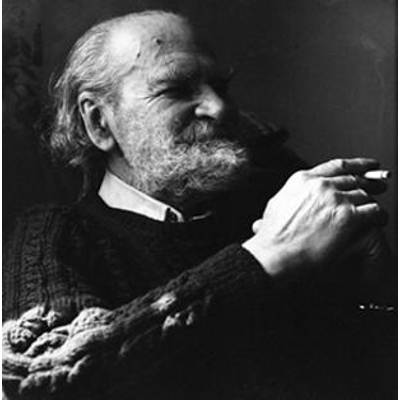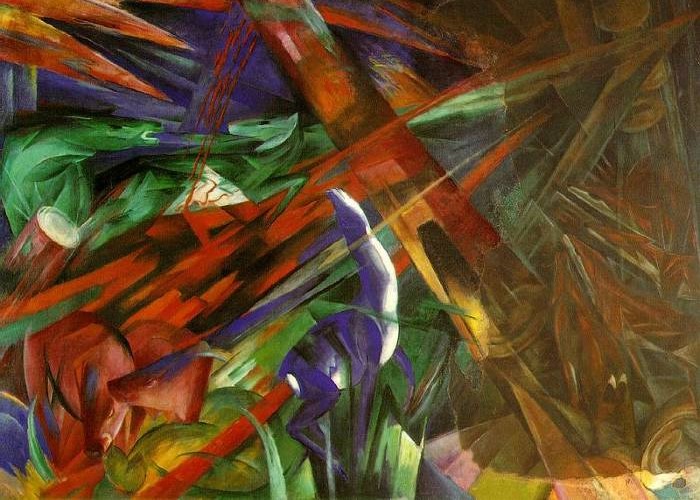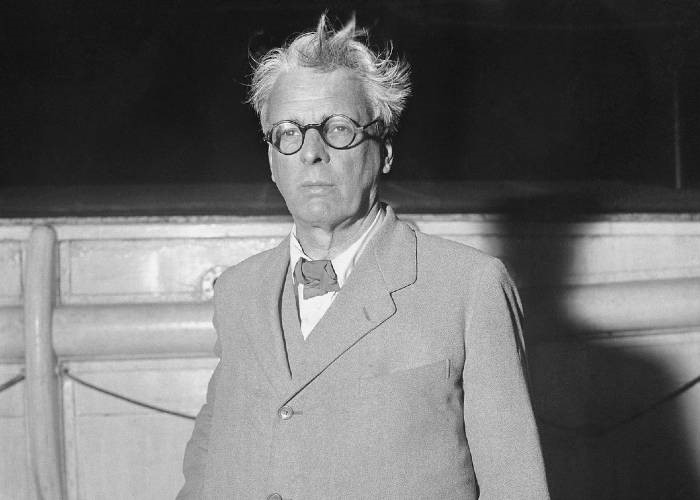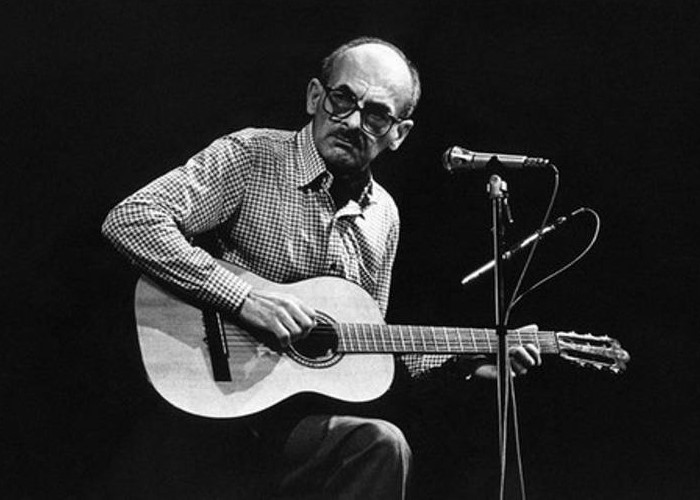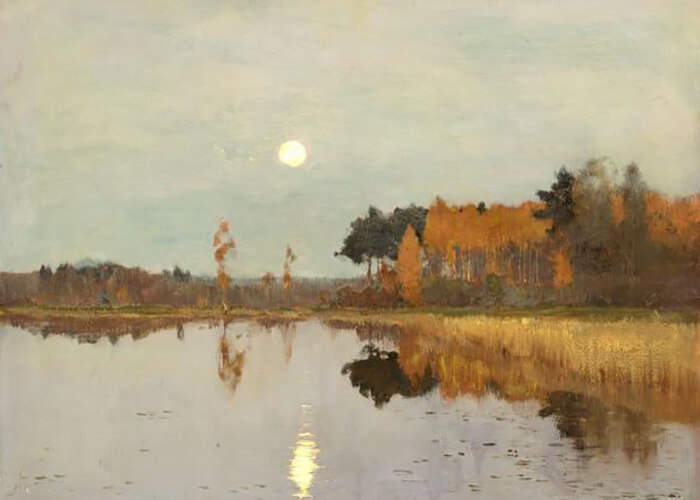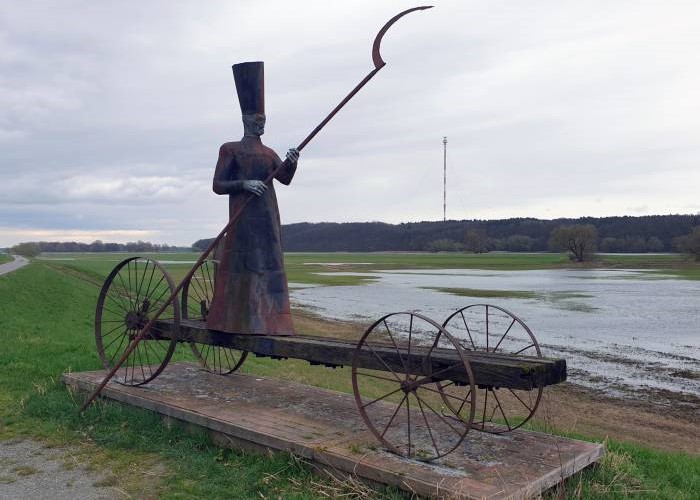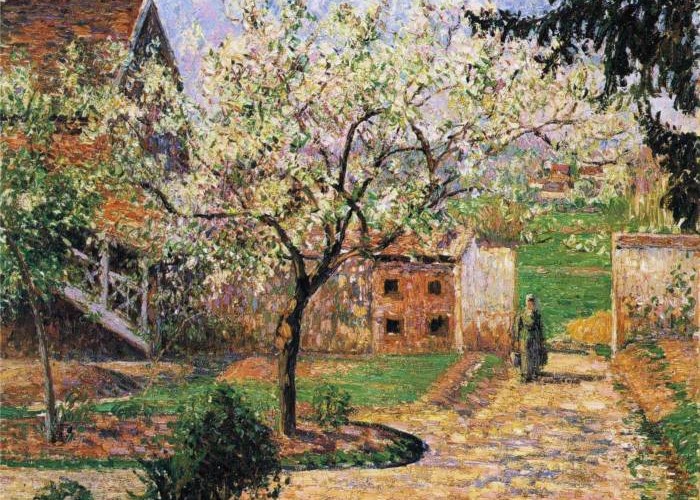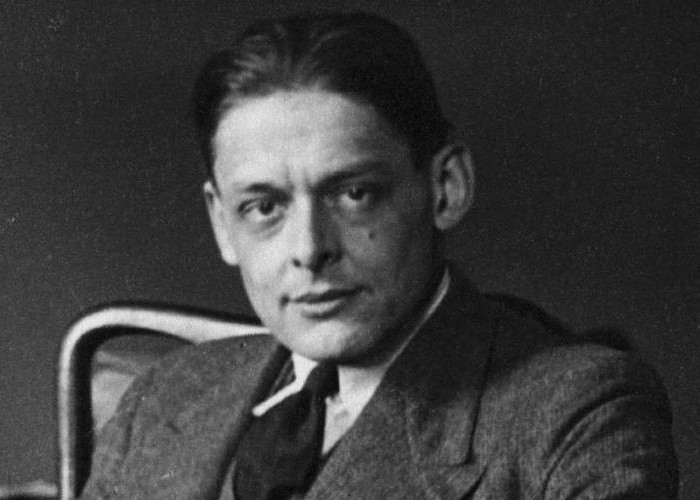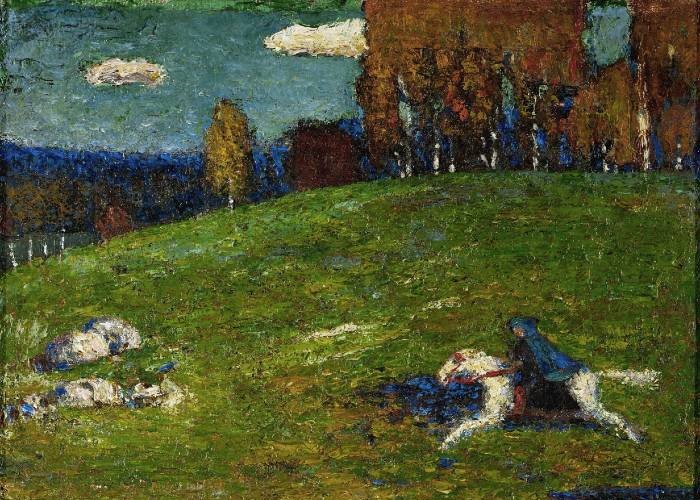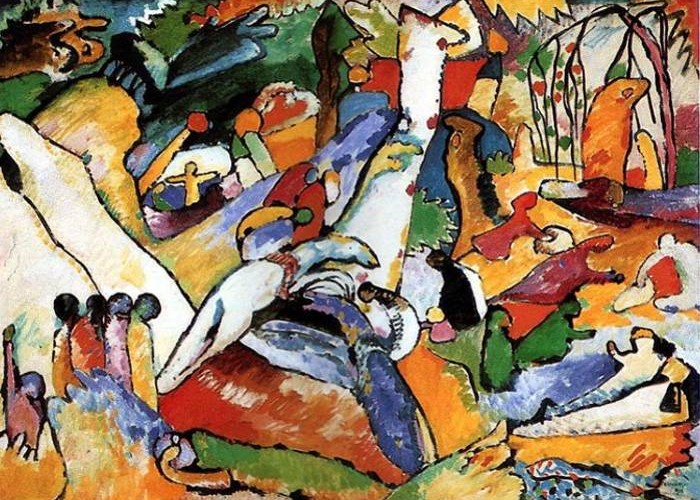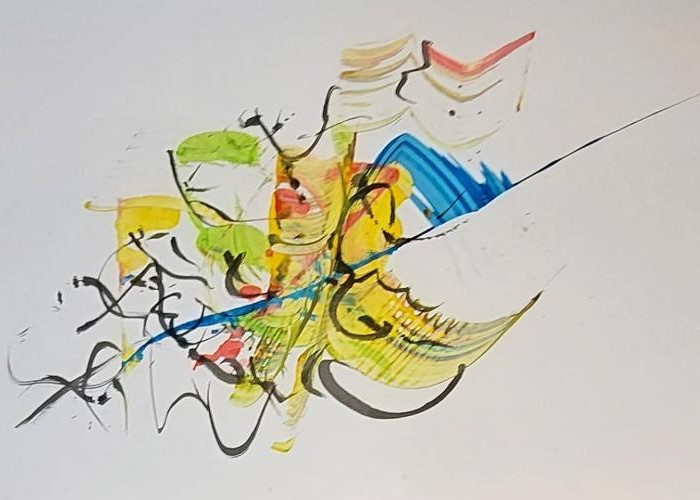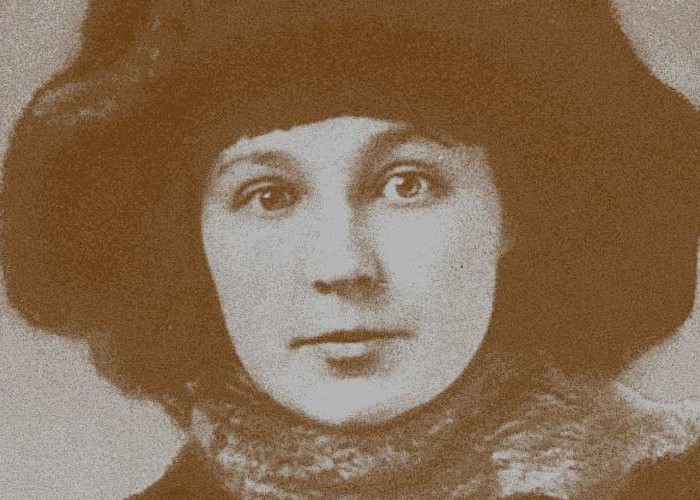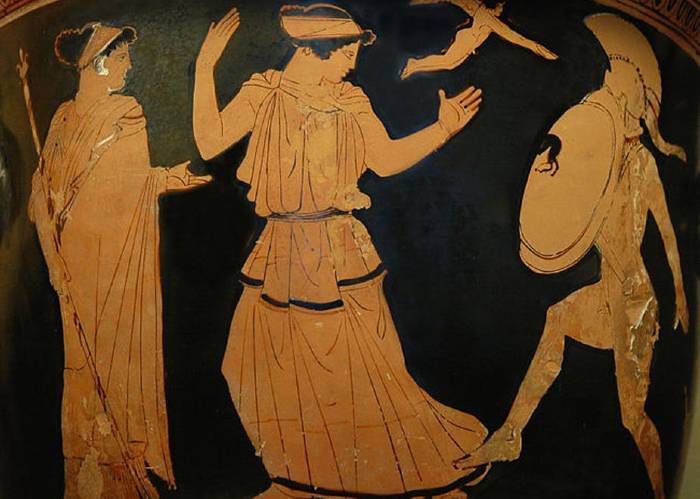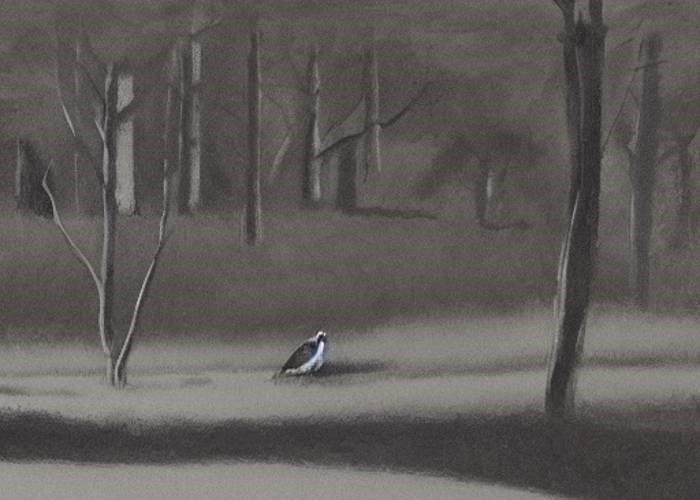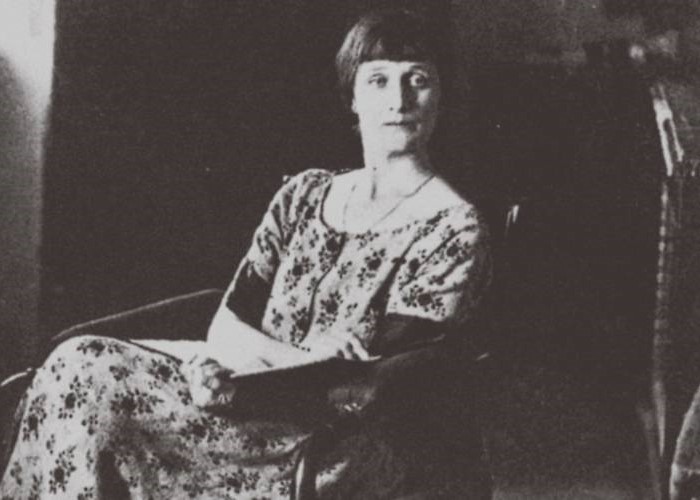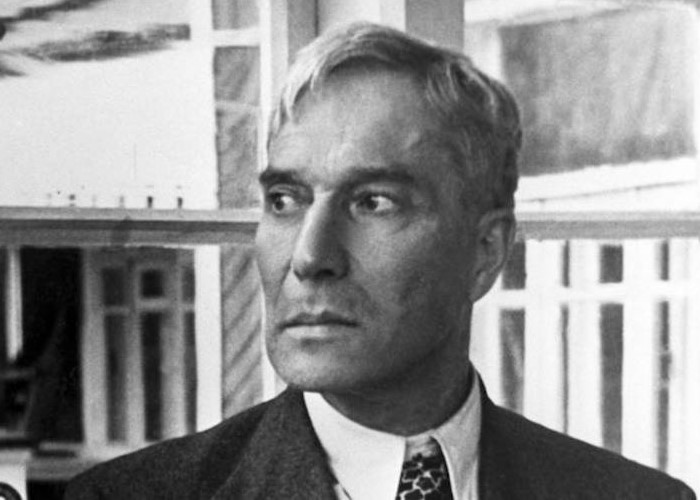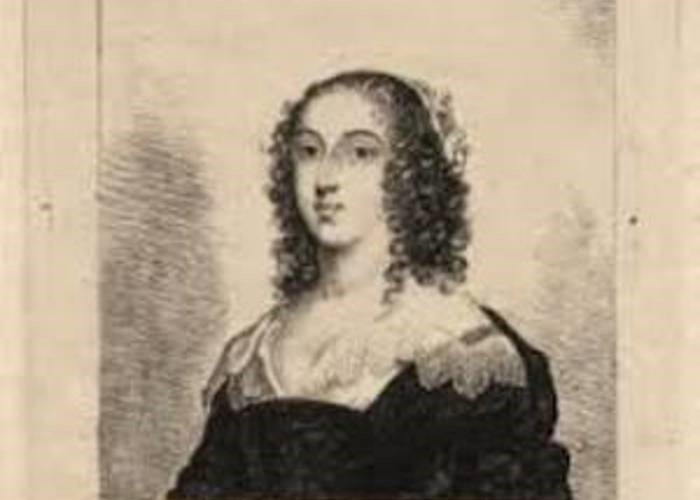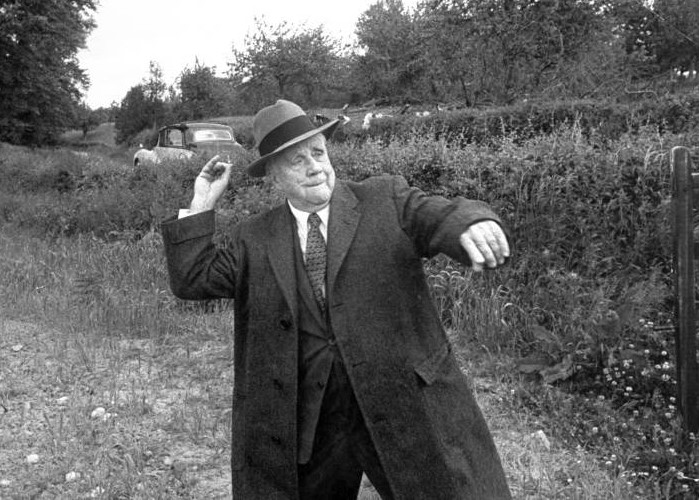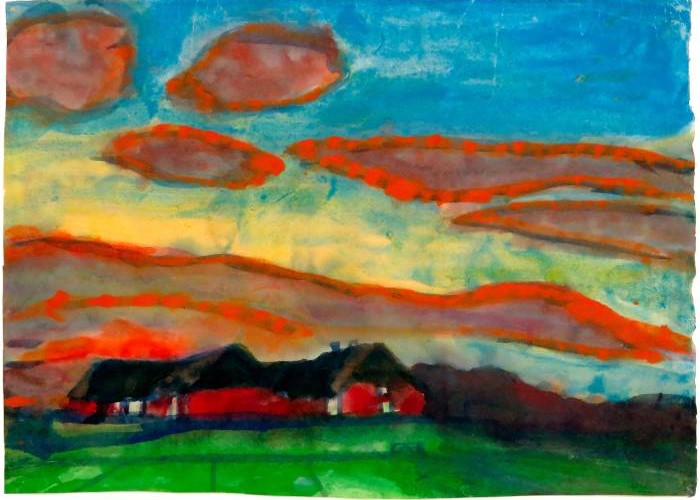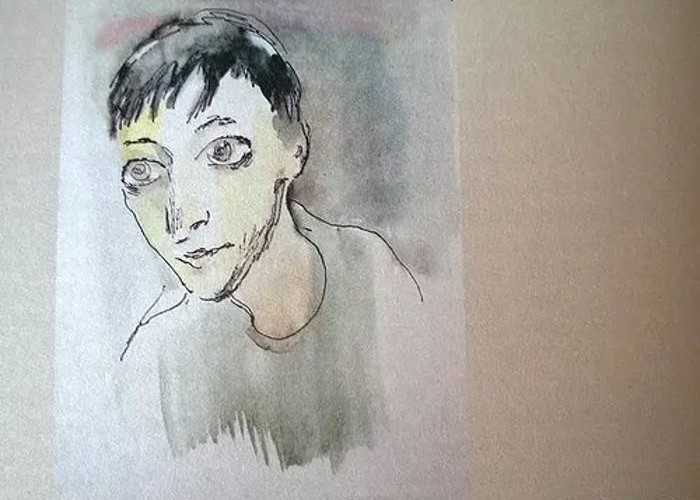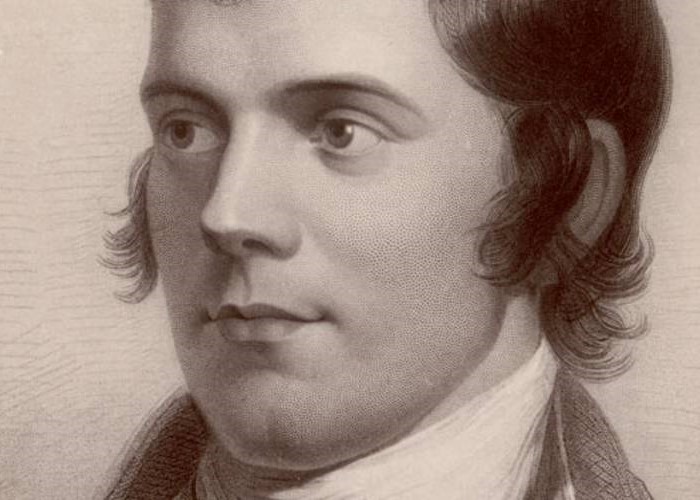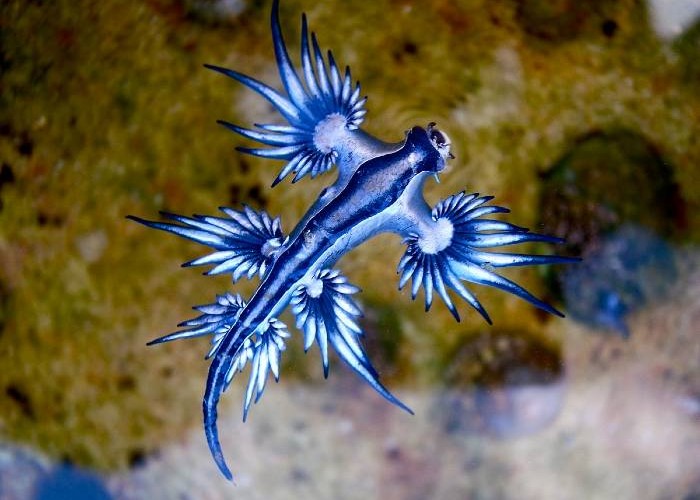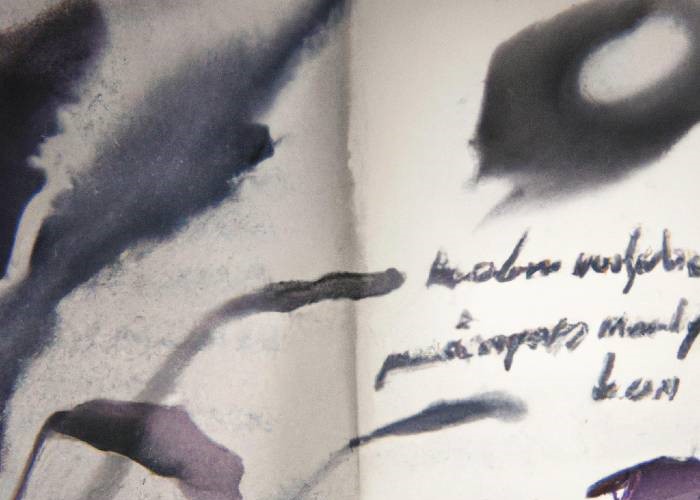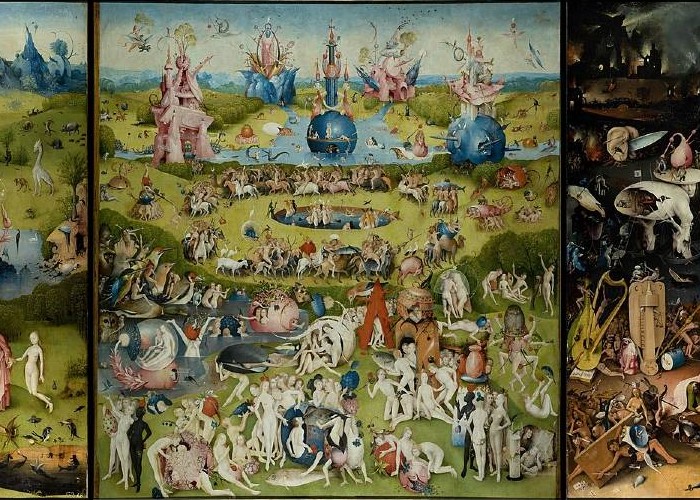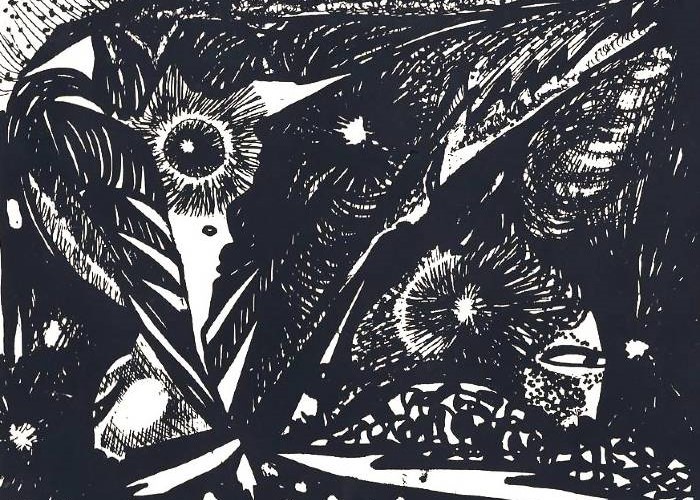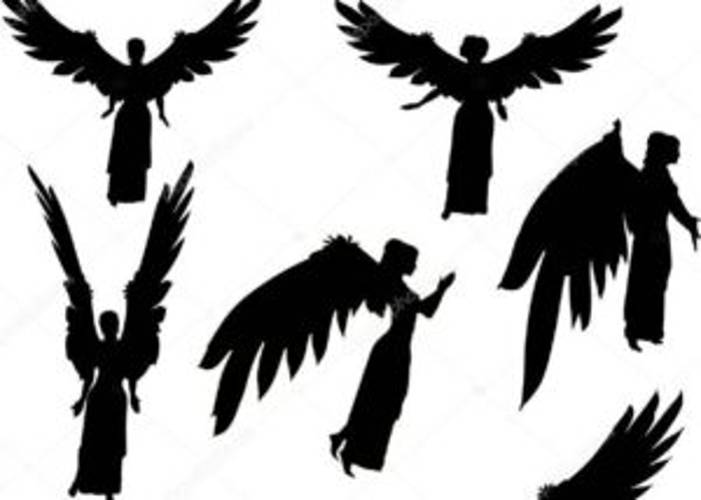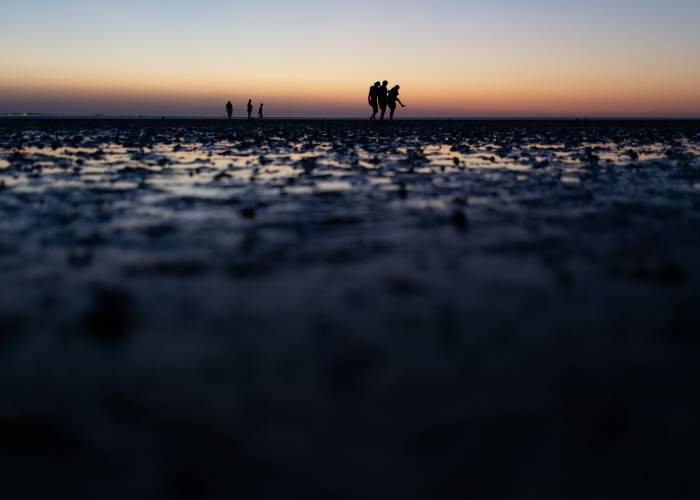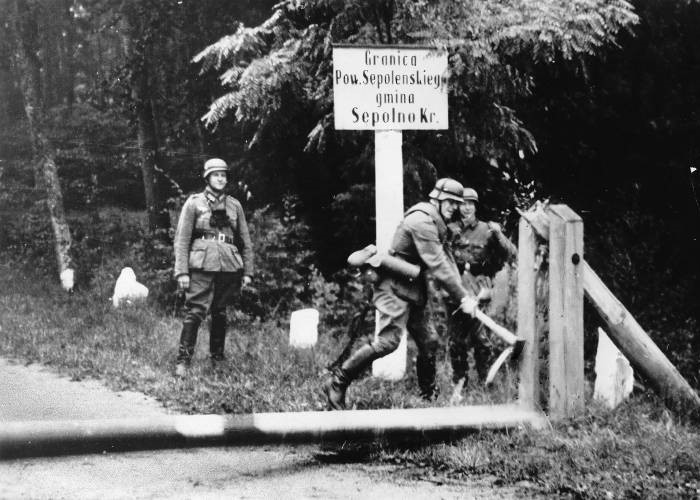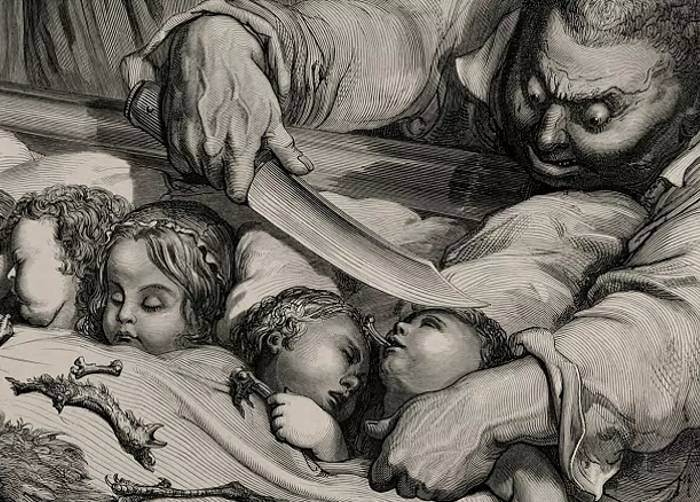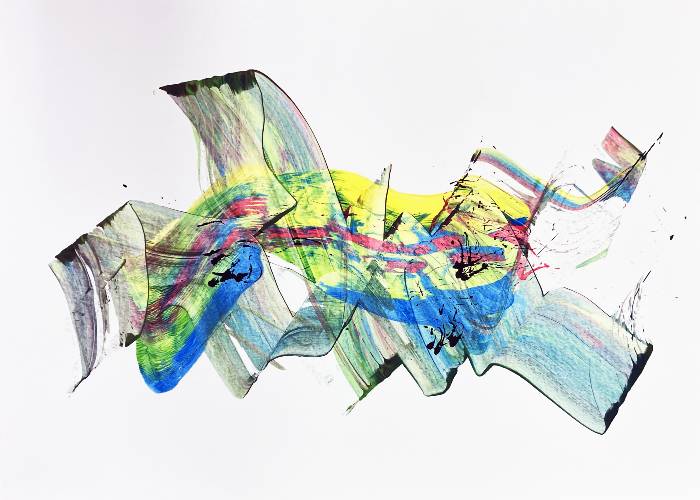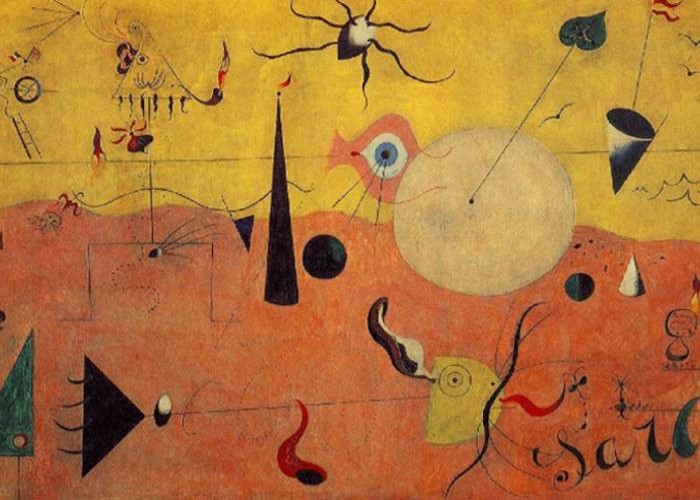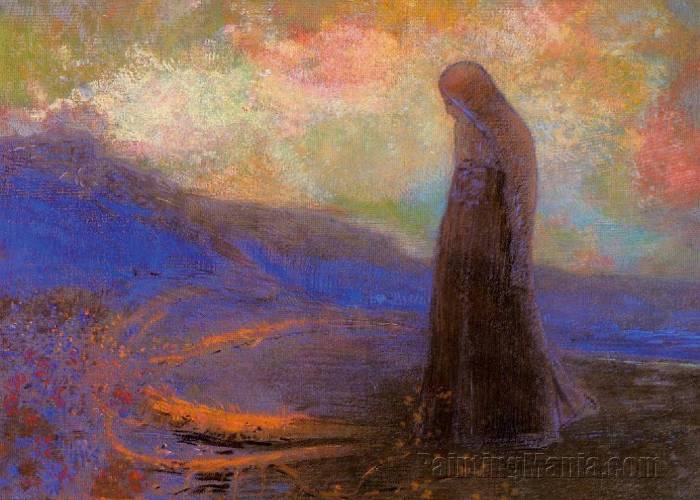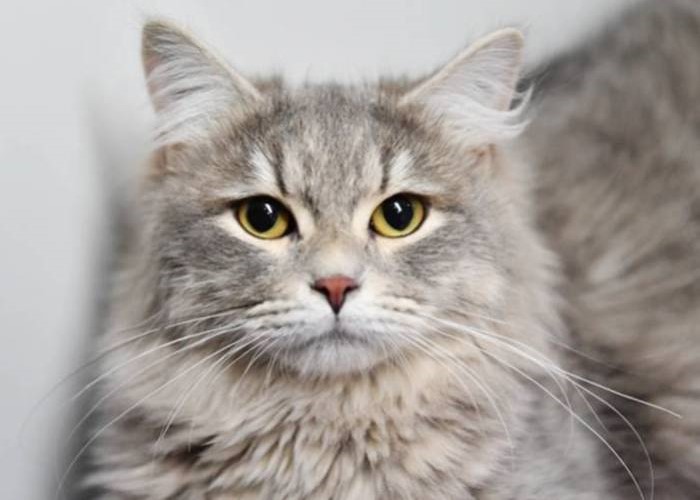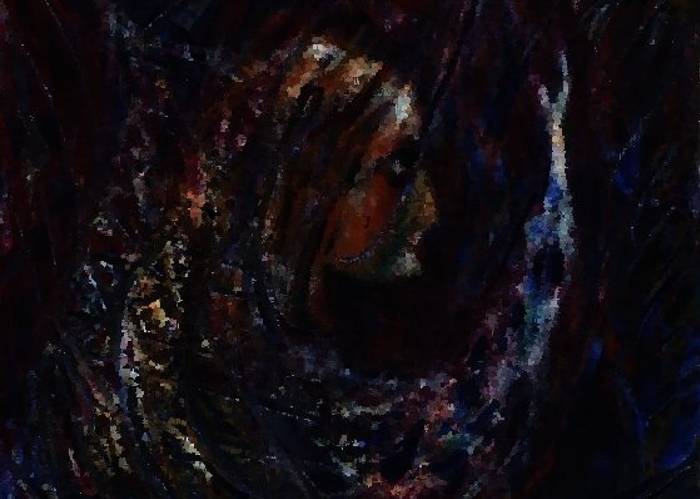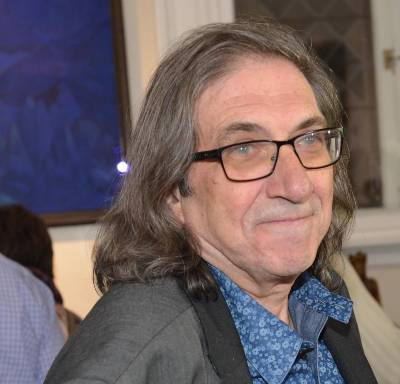CHORUS OF FURIES
Let us come upon him first as if in a dream,
anonymous triple presence,
memory made substance and tally of heart’s rot:
then in the waking Now be demonstrable, seem
sole aspect of being’s essence,
coffin to the living touch, self’s Iscariot.
Then he will loath the year’s recurrent long caress
without hope of divorce,
envying idiocy’s apathy or the stress
of definite remorse.
He will lapse into a halflife lest the taut force
of the mind’s eagerness
recall those fiends or new apparitions endorse
his excessive distress.
He will shrink, his manhood leave him, slough selfaware
the last skin of the flayed: despair.
He will nurse his terror carefully, uncertain
even of death’s solace,
impotent to outpace
dispersion of the soul, disruption of the brain.
ХОР ФУРИЙ
Давайте сначала, как сон, на него сойдем:
незримо будем присутствовать втроем —
овеществится память, а сердца основа сгниёт:
он только проснется, Сейчас явится потом,
как единственная суть бытия, —
гроб для всего живого, сам для себя Искариот.
Ему опротивеют женские ласки, хотя
без малейшей надежды на развод.
Позавидует идиотской апатии либо стрессам
совести угрызений.
Он будет жить полужизнью, либо под прессом
жажды новых видений,
или демонов вызвать уму захочется ныне.
Скукожится воля, покинет мужество тоже,
когда на смену унынью
обнажится отчаянье, как под содранной кожей.
Он будет лелеять свой ужас, не веря
в утешение смерти даже,
предотвратить не в силах потерю
ума, разложение мозга, души пропажу.
WHAT THE CHAIRMAN TOLD TOM
Poetry? It’s a hobby.
I run model trains.
Mr Shaw there breeds pigeons.
It’s not work. You dont sweat.
Nobody pays for it.
You could advertise soap.
Art, that’s opera; or repertory –
The Desert Song.
Nancy was in the chorus.
But to ask for twelve pounds a week –
married, aren’t you? –
you’ve got a nerve.
How could I look a bus conductor
in the face
if I paid you twelve pounds?
Who says it’s poetry, anyhow?
My ten year old
can do it and rhyme.
I get three thousand and expenses,
a car, vouchers,
but I’m an accountant.
They do what I tell them,
my company.
What do you do?
Nasty little words, nasty long words,
it’s unhealthy.
I want to wash when I meet a poet.
They’re Reds, addicts,
all delinquents.
What you write is rot.
Mr Hines says so, and he’s a shcoolteacher,
he ought to know.
Go and find work.
ЧТО СКАЗАЛ ТОМУ ПРЕДСЕДАТЕЛЬ
Поэзия? Это хобби.
Я вот собираю модели поездов.
А мистер Шоу разводит голубей.
Это не работа. Вы не потеете.
Никто не платит за это.
Могли бы рекламировать мыло.
Искусство – это опера. Или мюзикл .
Песня пустыни.
Нэнси вот пела в хоре.
Но вы просите 12 фунтов в неделю
вы ведь женаты, верно? –
однако вы довольно нахальны.
Как посмотрю в лицо
кондуктору автобуса,
если дам вам двенадцать фунтов?
Да и кто утверждает, что это поэзия?
Такое может и мой десятилетний сын,
он даже умеет рифмовать.
У меня три тысячи плюс оплата расходов,
казенная машина, ваучеры,
но я ведь экономист.
Все в компании делают то,
что я говорю.
А чем вы занимаетесь?
Мерзкие словечки, мерзкие выражения,
это негигиенично,
мне хочется вымыться после встречи с поэтом.
Все они красные, наркоманы,
преступники.
То, что вы пишете – гнусь.
Так говорит мистер Хайнс, школьный учитель,
уж он-то знает.
Поищите-ка лучше работу.
CODA
A strong song tows
us, long earsick.
Blind, we follow
rain slant, spray flick
to fields we do not know.
Night, float us.
Offshore wind, shout,
ask the sea
what’s lost, what’s left,
what horn sunk,
what crown adrift.
Where we are who knows
of kings who sup
while day fails? Who,
swinging his axe
to fell kings, guesses
where we go?
КОДА
Мощная песня влечет нас,
Мающихся ушами.
Слепцы, мы послушно идем,
опрысканы косым дождем,
неведомыми полями.
Неси нас, ночь,
Ветер, вопи,
Море проси дать ответ,
Что утрачено, а что нет
Горн затонул ли,
Корона на плаву ли.
Где мы, кто знает о королях
Которые пьют и едят до сих пор,
когда день сходит на нет?
Кто, воздевший топор,
чтоб сокрушить королей,
знает, камо грядем?
